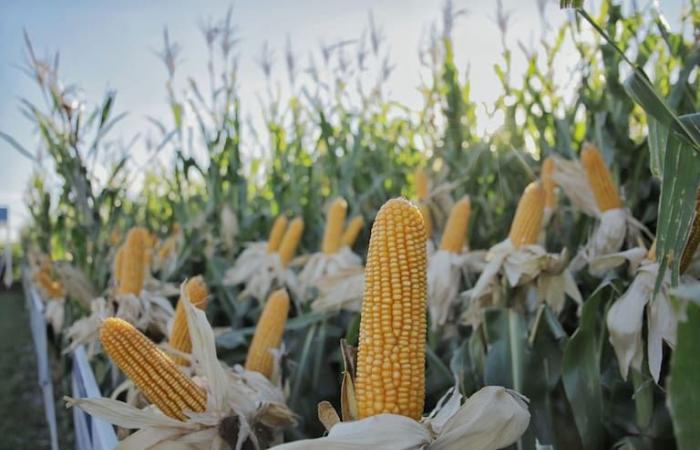Hear
This year, Maizar (Argentine Corn and Sorghum Association) celebrates two decades working on the integration of the links that make up its value chain, which was first founded on corn and then added sorghum. This work has several aspects: generating and sharing useful information, promoting consensus, seeking business opportunities and adding value, demonstrating the good environmental performance of our productions and aiming for remuneration, and fighting at international levels against para-tariff barriers. , which lower their price or directly close their access to our products. Anyway, enlarge the pie for everyone and seek to build with the public sector the paths that lead to generating wealth throughout the chain and in the environments where it is present.
In addition to these Maizar functions, another one was added this year, due to the unusual expansion of the leafhopper (Dalbulus maidis), an insect vector of corn stunting, which terribly damaged many fields this campaign, to the point that it is estimated that it took almost a quarter of the expected harvest. For this reason, facing the 2024/25 campaign, Maizar is coordinating a powerful and collaborative tool that is also unprecedented, also made up of INTA, the Obispo Colombres Experimental Station, Aapresid, the CREA network and the Argentine Association for Professional Protection of Extensive Crops: the National Network of Monitoring Traps, which will allow the producer to know at all times the population of leafhoppers in their area, something that was not possible until nowso that, when you go to sow, and then at each stage of the crop, you can make the right decisions, without the fear of not knowing what to expect or what to do, as happened this campaign.
With this geolocated information, which will be fed by data from a huge network of traps combined with other data sent by the producers and advisors themselves, periodic reports will be made, which the producer will be able to use and, together with his advisor, make the best management decisions to produce without major inconveniences. We now also have experiences such as that of Brazil and what we have learned with great pain in our own territory.
Furthermore, thanks to the agile work carried out by public organizations, together with private ones in this fight, we will also have phytosanitary products in the new campaign that until now were not available. Meanwhile, seed companies are working tirelessly to improve germplasm with more tolerant genetics.
So, this year is not going to catch us off guardThe resilience characteristic of the Argentine producer will be accompanied by valuable updated information from the main institutions in the sector, which have been working on this for months.
On the other hand, our recent Maizar Congress, which had the motto “Let’s unleash our collective talent”left us very hopeful about the opportunities that we can explore in terms of value addition, regional development, roots, sustainability, business models, from each of the nodes that make up these value networks: seeds, soils, inputs , water, conversion into animal proteins, bioenergy and biomaterials, all crossed by regulatory frameworks, technological advances, the international context, infrastructure issues, environmental impact issues and technological developments.
We are also excited about the political projection that agriculture is gaining in Congress, led by the Barbechando Foundation. Changes are achieved through politics, not without itWe believe in dialogue and the possibility of collaboration with the public sector for the country to grow. We aim to follow the example of Brazil, whose productive revolution was supported by the multi-party block Frente Parlamentar da Agropecuária (FPA), which has a decisive weight in Parliament with almost half of the country’s deputies, and is informed by the Instituto Pensar Agropecuária (IPA), which surveys the needs of almost 50 entities in the sector and puts them on the agenda. Meanwhile, we continue to work on the external front with Maizall, the International Corn Alliance, made up of Maizar and the equivalent entities of the United States (National Corn Growers Association and US Grains Council) and Brazil (Abramilho), to promote the productive system based on biotechnology, defending good practices and discussing the non-tariff barriers of certain blocks.
The corn and sorghum chains are key to the country’s growthfor their weight in the GDP, for the foreign exchange they generate and, above all, for the decentralized human and professional progress they promote, in line with truly federal development.
—————
The author is president of Maizar


